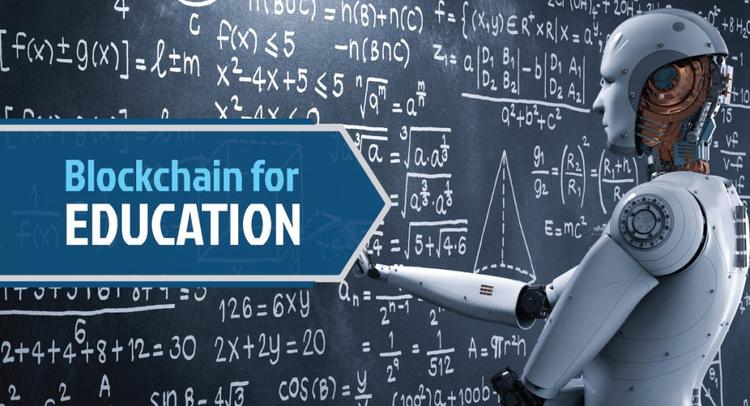
BEGINNER’S GUIDE
by: Towqeer gilkar

Blockchain in Education: Potential Uses and Benefits
Blockchain technology, initially developed for cryptocurrencies, has expanded its reach into various industries, and education is no exception. The adoption of blockchain in education holds the potential to transform how academic records are stored, verified, and shared. In this article, we'll explore the potential uses and benefits of blockchain in the field of education.
1. Secure and Immutable Record Keeping
One of the primary advantages of blockchain technology is its ability to create a secure and immutable record of transactions. In education, this can be applied to the storage of academic credentials, certificates, and diplomas. Each academic achievement can be recorded as a unique transaction on the blockchain, making it tamper-proof and resistant to fraud.
2. Instant Verification
Blockchain technology allows for instant verification of academic records. With traditional paper-based records, the process of verifying a degree or certificate can be time-consuming and cumbersome. With blockchain, employers, educational institutions, and other relevant parties can quickly and easily verify the authenticity of a credential by accessing the blockchain.
3. Reduced Credential Fraud
The use of blockchain can significantly reduce credential fraud, such as the submission of fake degrees or certificates. Educational institutions can issue digital certificates directly to students, and these certificates are recorded on the blockchain. This eliminates the need for third-party verification services and enhances the integrity of academic credentials.
4. Improved Privacy and Ownership
Blockchain-based systems give individuals greater control over their academic records. Students can choose when and with whom to share their credentials, enhancing privacy and ownership of their educational achievements. This also reduces the risk of identity theft, as personal information is not shared during verification.
5. Accessibility and Interoperability
Blockchain technology has the potential to create a standardized system for recording and sharing academic records across institutions and borders. This would simplify the transfer of credits and make it easier for students to pursue education in different countries or institutions.
6. Lifelong Learning Records
Traditional academic records often focus on formal degrees and certificates. Blockchain allows for the recording of all types of learning experiences, including online courses, workshops, and microcredentials. This creates a comprehensive and lifelong record of an individual's learning journey.
7. Micropayments for Learning
Blockchain can facilitate microtransactions for educational content. Students can pay small amounts for access to specific learning materials or courses, enabling a pay-as-you-go model for education. This can be especially beneficial for lifelong learners who want to acquire knowledge incrementally.
8. Academic Research and Credential Transparency
Blockchain can also be used to verify the authenticity of academic research and publications. By recording research papers and their authors on a blockchain, the academic community can ensure transparency and traceability in scholarly work.
Challenges and Considerations
While blockchain offers significant benefits to education, there are also challenges and considerations:
Technical Complexity: Implementing blockchain solutions in education can be technically challenging and may require collaboration between educational institutions and technology providers.
Regulatory Frameworks: The adoption of blockchain in education may require the development of regulatory frameworks and standards to ensure data protection and privacy compliance.
Data Security: Ensuring the security of data stored on the blockchain is paramount. Educational institutions must implement robust cybersecurity measures to protect sensitive information.
User Adoption: Encouraging students, institutions, and employers to adopt blockchain-based credentialing systems may require education and awareness campaigns.
Conclusion
Blockchain technology has the potential to revolutionize the education sector by providing secure, transparent, and efficient methods for recording, verifying, and sharing academic credentials and achievements. While challenges exist, the benefits of reduced fraud, instant verification, and enhanced privacy make blockchain an attractive solution for the future of education. As blockchain continues to evolve, its role in education is likely to expand, opening up new opportunities for learners and educational institutions worldwide.
Related Blogs
Our great way to help make people keep working for us is to invest in their overall job satisfaction by providing them with the perks and benefits they want most.




